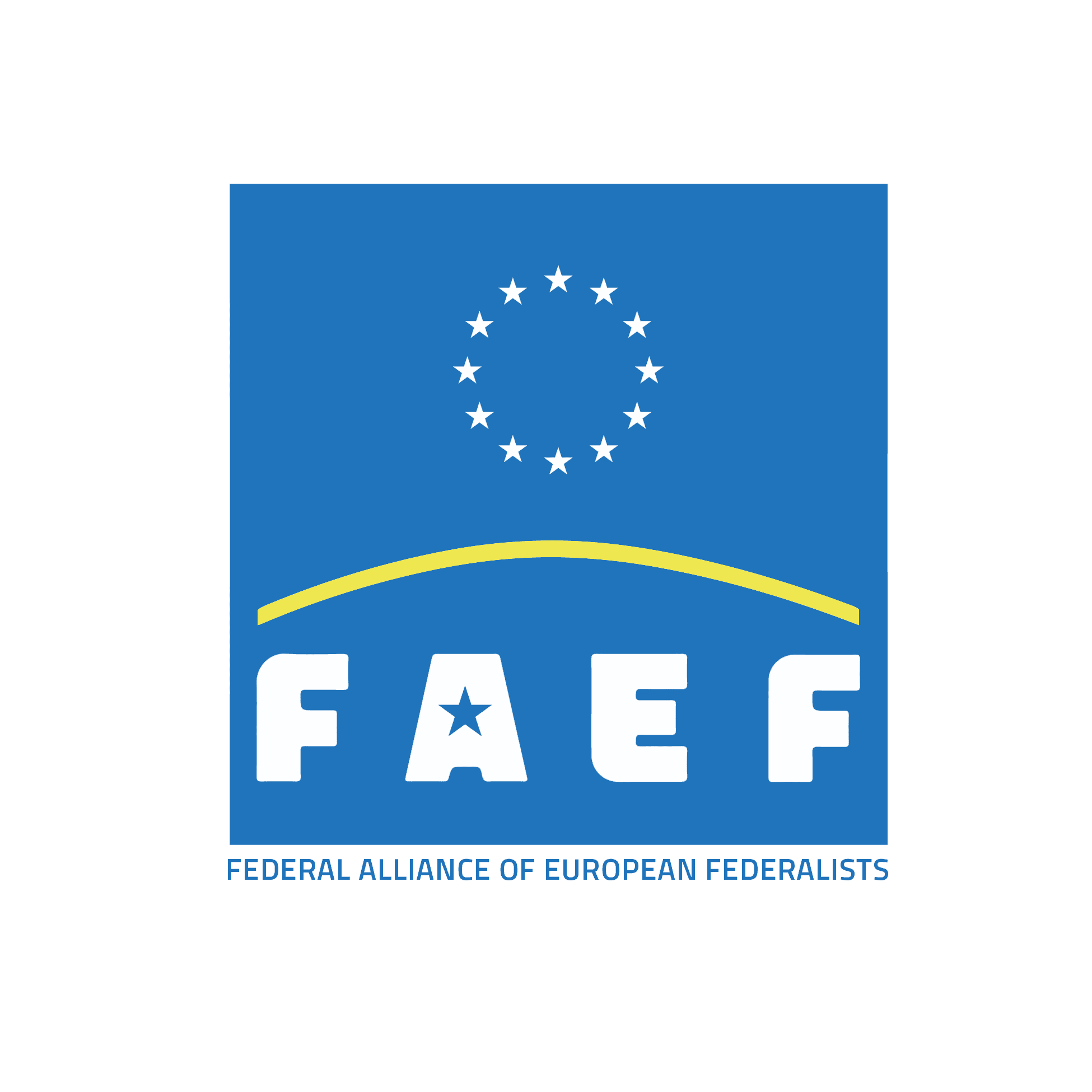The Board of FAEF
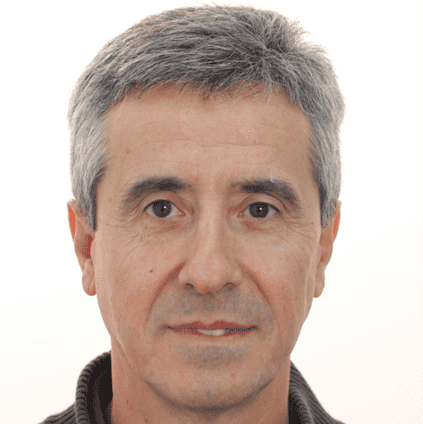
president
Manuel Galiñanes
Manuel Galiñanes is affiliated with the Academy of Medical and Health Sciences of Catalonia and the Balearic Island and has worked as a basic scientist and medical doctor in Canada, the United Kingdom, and Spain. He is the president of the Federal Alliance of European Federalists (FAEF) and a member of the Federalistes d’Esquerra (Catalonia, Spain), has participated in the Citizens’ Convention for a European Federation Constitution, and is researching and actively promoting humanitarian values and the citizens’ political participation rights.
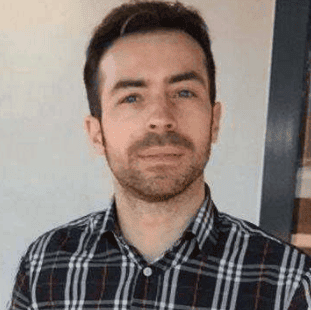
General secretary
Mauro Casarotto
Mauro Casarotto vyštudoval politické vedy a medzinárodné vzťahy. V súčasnosti pracuje ako poisťovací poradca a na voľnej nohe. Už niekoľko rokov pôsobí v neziskových organizáciách, ktoré sa zaoberajú kultúrou, športom, občianskymi právami a politikou.
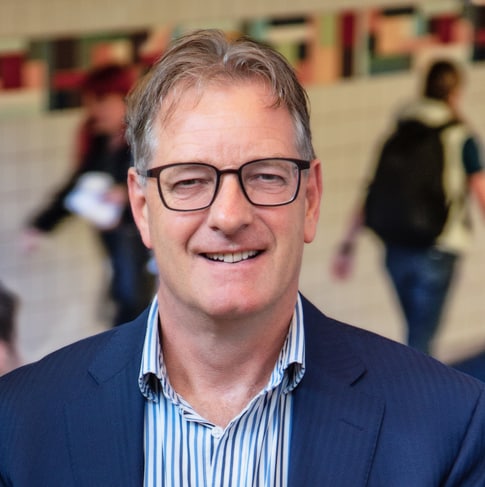
pokladník
Peter Hovens
Peter Hovens is consultant in public administration. He has studied at the university of Twente. After 17 years of working as a civil servant at the municipality of Maastricht he started his own consultancy office. In this period he also was several years employed as alderman in three different municipalities.
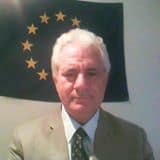
člen predstavenstva
Javier Giner
V 80. rokoch bol Javier členom federalistov a v roku 1988 spoluzakladateľom "Union-Europea de Mallorca". V roku 2005 sa stal nezávislým profesionálom v oblasti turistických aktivít, žil na Malorke, ale pracoval v Nemecku. V roku 2010 sa stal aktivistom a bojoval za Európsku úniu občanov.

člen predstavenstva
Martina Scaccabarozzi
She graduated in Political Science and had relevant working and living experience in different European countries where she has grown and cultivated her appreciation for Europe.
Celý život bola politickou aktivistkou a dobrovoľníčkou vo viacerých environmentálnych a sociálne zameraných organizáciách.

člen predstavenstva
Herbert Tombeur
Herbert Tombeur (1949) graduated in 1972 as a master in law at the University of Leuven (KUL, Belgium). In 1998 he became ‘master in European politics, cultures & societies’ at the Brussels University. He was, from 1977 until 1983, an officer in the Belgian Ministry for Foreign Affairs. In the Services of the Flemish Government, he worked until1993 as a legal adviser and counsel in lawsuits, especially in the field of constitutional and administrative law. In 1994, he joins the new Flemish Department of Foreign Affairs, in which he worked as a political and legal adviser and as an intrafederal and international negotiator. As from March 2013 he is working as a consultant in public administration and legal matters. He publishes abstracts in political and legal journals, recently about federalism, the Belgian federation, Belgian constitutional law, the European Union and foreign policy. Since 1996 he is a lecturer and a monitor of workshops about the same subjects, commissioned by training institutes in Belgium and the Netherlands.
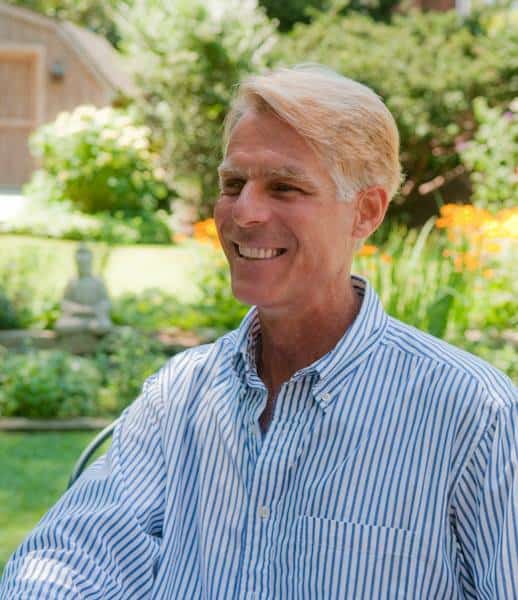
člen predstavenstva
Michael Clarjen Arconada
A published author, he has over 45 years of experience working on fundamental issues of Ecological Communities / Health-Education Systems: Self-Regeneration Processes and Self-Regulation Methodologies. He has taught at University of New York (Southampton Campus / Friends World Program). Recently he has participated in the European Union Elections for Members of Parliament (June 2024), and developed/presented 5 Primordial Documents which constitute a Federal Electoral Program of the Highest Order in the European Union. Ecological Communities in each Bio-Region are the essential cells in the formation of an Authentic European and World Federal Government: Ratification of the European Federal Constitution (FAEF), and formation of the Federated States of Europe with Direct Democracy … A New Civilization of Ecological Communities.
Special advisor of FAEF
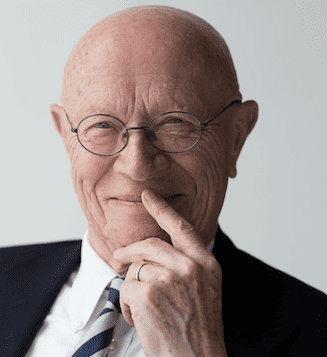
FAEF CO-FOUNDER, FORMER PRESIDENT AND SPECIAL ADVISOR
Leo Klinkers
Leo Klinkers, PhD., je konzultantom v oblasti verejnej správy s praxou v ústavnom práve. Pracoval ako konzultant pre vlády a mimovládne organizácie v rôznych krajinách. Je spoluautorom Európske federalistické dokumenty a autor knihy Suverenita, bezpečnosť a solidarita.

co-founder of FAEF
Lorenzo Sparviero
On November 9th we suddenly lost our co-founder, backbone and great inspirer of FAEF: Lorenzo Sparviero.
A great federalist and a man of incredible sagacity and vision and tireless activism. Lorenzo will always be an example and a moral guide for us.
Lorenzo wrote the following about the beginning of FAEF:
FEDERATE THE FEDERALISTS: ‘EUROPE WILL BE A FEDERATION, OR WILL NOT BE’
Following the unexpected ‘call to enter the field’ that marked the beginning of my commitment as a federalist activist, another, equally strong recent one has taken over: the call to federate the federalists!
An idea that has gradually transformed into a passion at the limit of obsession, for me and a mantra for others who, to my amazement, are starting to use it without, however, understanding the deep and almost ‘esoteric’ origin of the message that proposes a change in discontinuity, a ‘quantum leap’ compared to the linear and traditional approach followed until now by the movements that praise federalism, but without making any progress in its implementation, insisting on the concept of European unity in the confederal sense, based on intergovernmental negotiation and not on a Constitution of the Federal State, voted for by the people of Europe.
I therefore feel the need and the duty to clarify and explain this apparently simple formula in understandable terms.
It all began with a sudden idea, an enlightenment, born as a reaction to the observation of the dispersion of forces - already scarce and inappropriate to achieve the goal of creating a federal Europe - pursued by the pro-European friends with whom I was and I am in contact, the idea-project of: federate the federalists!
Behind the definition of Federalism one can understand different things, even opposite.
In recent Italian political experience, the term federalism has been used as a flag by the Northern League (today no longer regionalist but nationalist, declaring its sympathy for the extreme and sovereign right). At the beginning (Lega Nord) to divide Italy into macro-regions (Centre, North and South) and focusing on the detachment of the rich and productive North from the South, poorer and backward in the industrial field, poor finance and organization of public administration in the provision of public services. Today, after the turning point of the young Salvini who imposed a break with the Bossian past by launching the nationalistic slogan ‘the Italians first’ focusing on the exclusion of the new derelicts, the immigrants, transforming the Lega movement from ‘federalist’ to ‘nationalist and sovereignist’, closely related to the nationalist and xenophobic movements of Le Pen (France) and Farage (Brexit) and sympathies for the ‘strong men’ like Putin or even like Trump (USA first!).
This improper use of the term ‘federalist’ has led to confusion and regression on the part of the European people towards a dangerous return to ‘nationalism’ which, as the French President, Mr. Macron, who is also a ‘federalist’ but who, in practice, is inclined to continue the intergovernmental administrating method, recently denounced to sound the alarm about possible scenarios for a return to civil war in Europe.
This is the state of the art in Europe today, where people are confused, frightened and inclined to close themselves up as hedgehogs against the threats of immigrants, Islamic terrorism, competition between European countries, etc. The road of the ‘disintegration of the European dream’, other than European unity, of which Brexit is the first clear sign of the new crazy trend, is being thoughtlessly taken.
So what is Federalism and the need to ‘federate the federalists’?
Federalism means in a nutshell to unite what is different, while respecting the diversity of one another, taking care of a handful of common interests, served by a common objective: the creation of a federalist state, a European Federation, based on a Constitution, democratically ratified by the European citizens, reflecting the best ideologies and values so far laboriously acquired by our western civilization.
The slogan ‘federate the federalists’, is the call for a new urgent political program to be implemented through the grass-roots pro-European movements in order to stop the current wretched course of history. And it is the first stage of a ‘non-traditional’ and complex route that aims:
- to make European citizens aware of what is at stake, focusing on correct information and direct knowledge, through person to person training and multimedia courses launched on the web in every European language, clarifying not only the ideal but also the concrete superiority of the new federal state structure with respect to the current hybrid situation and its potential catastrophic developments in the event of a return to the nationalisms of the past (40% of the world's population lives in federal states, with advantages in terms of internal administration, the ability to negotiate in foreign policy, taking care of common interests like European defence, border protection, the fight against international crime, etc.), but, above all, by ensuring lasting peace and peace within its internal borders...
- to develop a debate in every European country through federalist and federated movements under a single organization that leads to the shared definition of objectives to be achieved and implemented in a timely manner, through the awareness of national parliaments and governments and European institutions, speaking to them with one voice and also with ‘peremptory’ tones. These inalienable objectives are: the immediate definition and approval of a European Federal Constitution and the establishment of the Federal State followed by elections to its governing bodies and legislative and administrative bodies.
